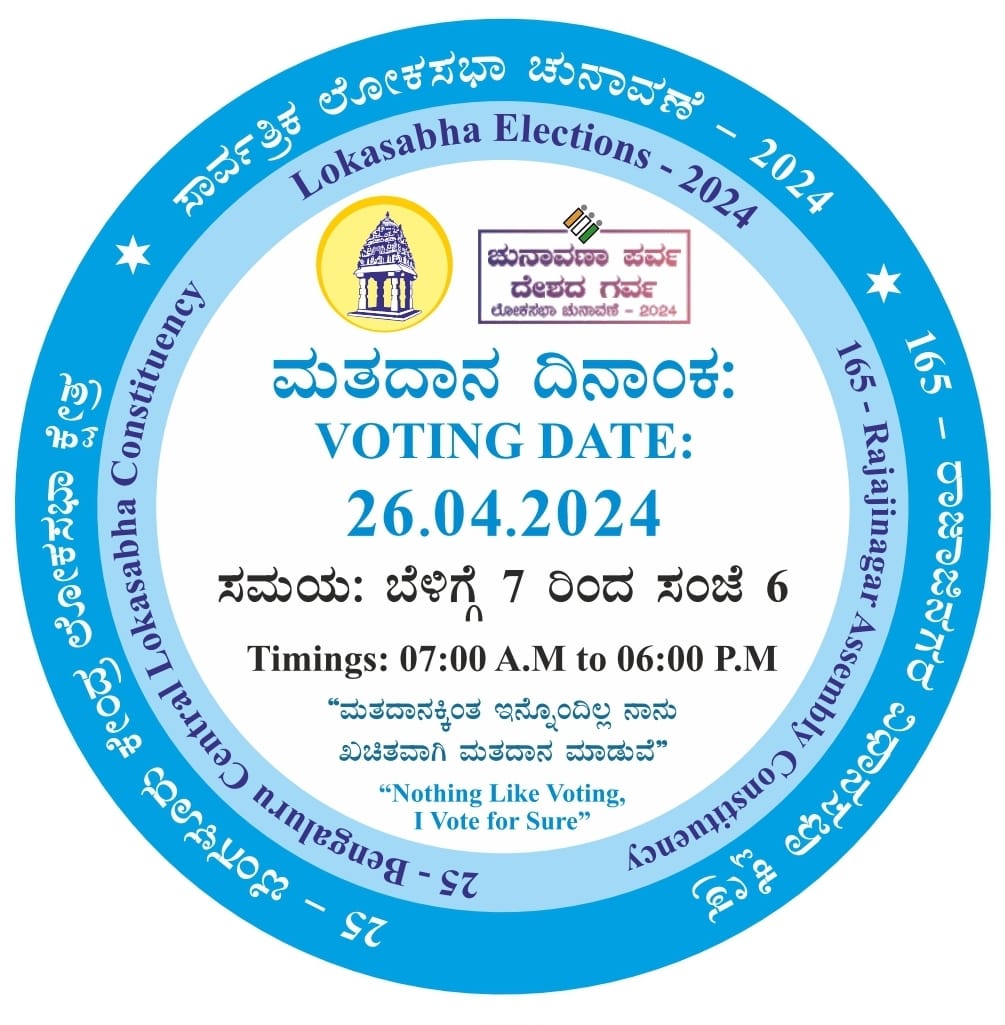Panaji, Sep 21 (PTI) Goa Chief Minister Pramod Sawant on Saturday interacted with civic officials, Swayampurna Mitras, and other key government officials regarding the ongoing ‘Swachhata Hi Seva 2024’ campaign.
The campaign, launched by Prime Minister Narendra Modi, is being implemented across the country from September 17 to October 2 as part of the 10th anniversary of the Swachh Bharat Mission (SBM) and aims to foster large-scale citizen participation and mega cleanliness drives across the state.
The chief minister highlighted the importance of collective action and voluntary participation in achieving complete cleanliness or ‘Sampoorna Swachhata’, and acknowledged the campaign’s focus on clearing difficult garbage sites, recognising the hard work of sanitation workers, and celebrating the state’s progress in waste management over the past decade.
This year’s campaign is themed ‘Swabhav Swachhata Sanskaar Swachhata’, reflecting the commitment to instil cleanliness as a value and practice in society.
Sawant noted Goa’s achievements under the Swachh Bharat Mission, stating that the coastal state has been at the forefront of waste management efforts.
During SBM 1.0, Goa became one of the first states to achieve 100% waste collection in urban areas, with significant investments in infrastructure like garbage vehicles, baling machines, and material recovery facility (MRF) sheds.
He said that under SBM 2.0, Goa would focus on treating segregated waste, with projects like biomethanation plants and MRF sheds at Valpoi, Mormugao, and Canacona currently underway.
Sawant emphasised that the Swachhata Hi Seva 2024 campaign, jointly organised by SBM-Grameen and SBM-Urban under the Ministry of Housing and Urban Affairs, aims to carry the momentum through community participation and innovative initiatives.
During the virtual interaction, the chief minister laid out the key activities such as mega cleanliness drives focusing on water bodies, roads, and garbage dumps, health and welfare camps for SafaiMitras, awareness campaigns and competitions in schools and colleges, roadshows, and conversion of black spots into clean spots and enforcing the ban on single-use plastics in markets. PTI RPS ARU





